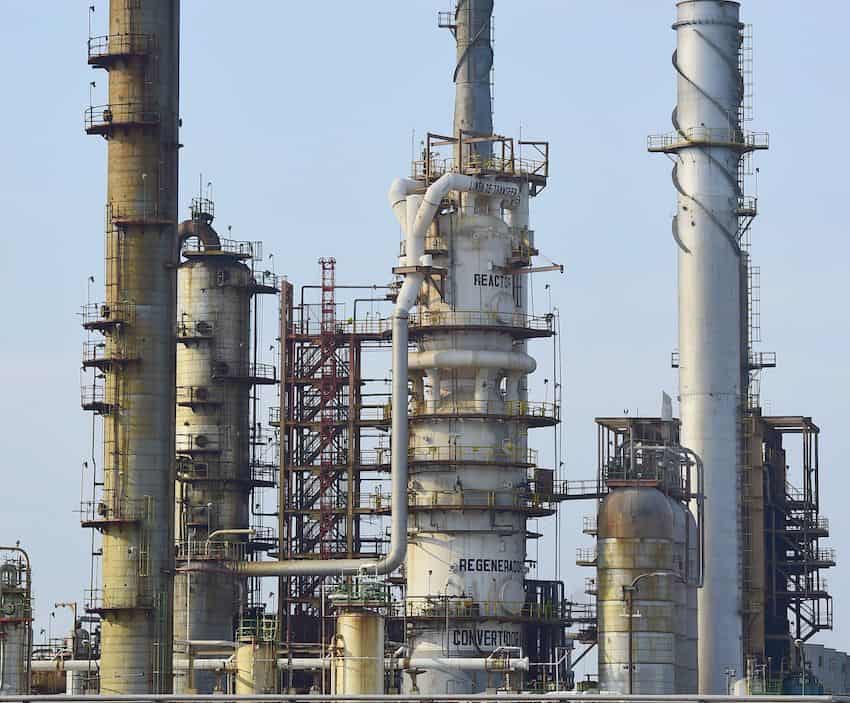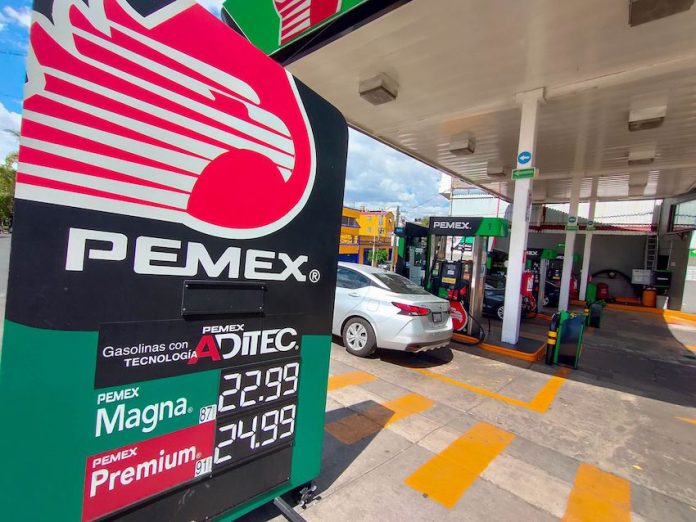July wasn’t a great month for the state-owned oil company Pemex.
Two workers were killed in a fire that broke out on an offshore platform in the Gulf on July 7. Then on July 26, Pemex admitted that oil spilled into the same body of water from an aging underwater pipeline soon afterward. And then last Sunday — the penultimate day of the month — Pemex shut down Mexico’s largest oil-exporting terminal due to a leak, according to a report by the Bloomberg news agency.

Bloomberg reported Tuesday that Pemex closed the Yúum K’ak’ Náab floating production storage and offloading (FPSO) unit in the Gulf of Mexico because of a leak in one of its hose trains.
The news agency said it saw the information in a shipping report. Norwegian FPSO operator BW Offshore handed over ownership and operation of the Yúum K’ak’ Náab FPSO unit to Pemex just over a year ago.
The FPSO, located off the coast of Campeche, has storage capacity of 2.2 million barrels, with oil processing capacity of 200,000 barrels per day and gas handling capacity of 120 million cubic feet per day, according to the online business intelligence platform BNamericas.
Bloomberg noted that Pemex also shut its terminal in Salina Cruz, Oaxaca, last month “after hoses loading a ship were blown off by strong winds.”

The string of mishaps occurred at a time of year when Pemex’s oil sales to the United States usually increase to meet demand generated by the summer vacation period, when many people go on road trips.
Bloomberg reported that the Yúum K’ak’ Náab FPSO vessel and the Salina Cruz terminal were expected to resume operations later this week. Citing a shipping report, the news agency also said that Pemex was reactivating a floating platform at the Cayos Arcas terminal off the Campeche coast on Wednesday.
The activation, Bloomberg said, “is meant to help ease a backlog of seven ships waiting to load 8 million barrels of oil for clients in the U.S., South Korea, China and India.”
Pemex’s oil production has increased during the term of the current government, but the state-owned firm remains heavily indebted, with liabilities going above US $110 billion in the second quarter of the year.
With reports from Bloomberg
